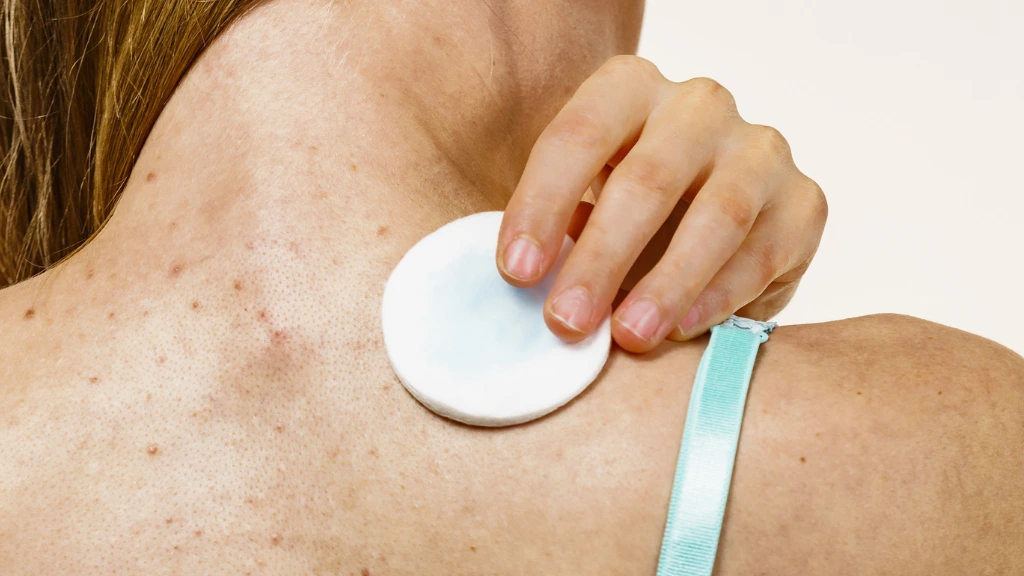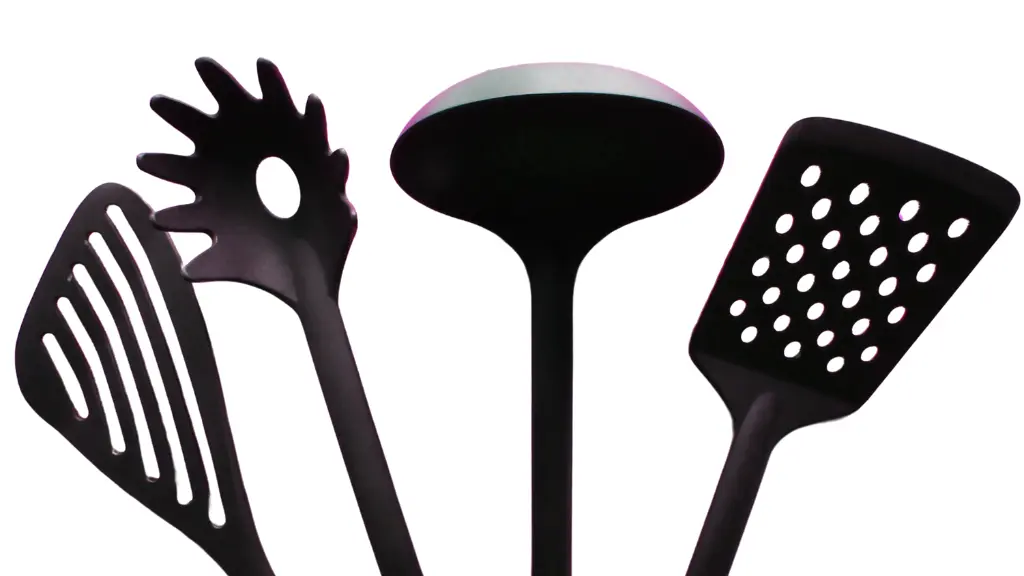Body acne can be a frustrating and embarrassing problem for many people. Unlike facial acne, which can often be easily concealed, body acne can appear on visible areas like the back, shoulders, and chest, making it harder to hide.
Fortunately, various effective treatments and preventive measures can help you achieve clear, smooth skin. In this blog post, we’ll explore the best ways to treat body acne, covering everything from skincare routines to lifestyle changes.
You May Also Like: 5 Essential Skincare Products You Actually Need for a Glowing Complexion
Understanding Body Acne
Body acne occurs when hair follicles become clogged with excess oil, dead skin cells, and bacteria. Hormonal fluctuations, genetics, stress, and certain lifestyle factors can contribute to this condition. While it can affect anyone, body acne is particularly common among teenagers and young adults due to hormonal changes. Unlike facial acne, which often manifests as pimples and blackheads, body acne can appear as cysts, whiteheads, or even larger nodules.
1. Establish a Consistent Skincare Routine
A consistent skincare routine tailored to your body is the foundation of preventing and treating body acne. Here’s a simple routine to follow:
- Cleansing: Use a gentle exfoliating body wash containing salicylic acid or benzoyl peroxide. These ingredients help unclog pores and reduce inflammation.
- Exfoliation: Exfoliate your skin 1-2 times a week to remove dead skin cells. Look for chemical exfoliants containing alpha-hydroxy acids (AHAs) or beta-hydroxy acids (BHAs) to help prevent clogged pores.
- Moisturizing: Use a lightweight, oil-free moisturizer to keep your skin hydrated without clogging pores. Look for non-comedogenic products that won’t worsen your acne.
2. Choose the Right Clothing
The clothes you wear can affect your body acne. Tight clothing can trap sweat and bacteria against your skin, leading to breakouts. Instead, opt for loose-fitting, breathable fabrics made from natural fibers like cotton. This allows your skin to breathe and reduces the risk of irritation.
Quick Tips:
- Avoid heavy backpacks that can rub against your back and cause friction.
- Choose moisture-wicking fabrics for workouts to keep sweat away from your skin.
3. Maintain Proper Hygiene
Maintaining proper hygiene is crucial for preventing body acne. Shower promptly after sweating, whether from exercise or heat, to wash away sweat, oil, and bacteria. Use warm water rather than hot water, as hot water can strip your skin of natural oils, leading to dryness and irritation.
Important Considerations:
- Use separate towels for your body and face to avoid transferring bacteria.
- Regularly wash your sheets and towels to reduce the accumulation of bacteria and oil.
4. Incorporate Acne Treatments
Over-the-counter acne treatments can be effective for treating body acne. Look for products that contain active ingredients like:
- Benzoyl Peroxide: This ingredient kills acne-causing bacteria and reduces inflammation.
- Salicylic Acid: It helps unclog pores and reduce redness.
- Tea Tree Oil: A natural antiseptic, tea tree oil can be applied topically to reduce inflammation and kill bacteria.
Application Tips: Apply these treatments to affected areas after cleansing, and allow them to absorb before moisturizing.
5. Maintain a Healthy Diet
Your diet can significantly impact your skin health. Certain foods may exacerbate acne, so focus on a balanced diet rich in fruits, vegetables, whole grains, and lean proteins. Here are some dietary tips for clearer skin:
- Avoid high-glycemic foods: Foods that spike your blood sugar can trigger acne. Limit sugary snacks, white bread, and processed foods.
- Stay hydrated: Drinking plenty of water helps flush toxins from your body and keeps your skin hydrated.
- Include omega-3 fatty acids: Found in fish, flaxseeds, and walnuts, omega-3s can reduce inflammation and improve skin health.
6. Manage Stress
Stress can trigger hormonal changes that worsen acne. Finding effective ways to manage stress is essential for overall health and skin wellness. Consider incorporating the following practices into your routine:
- Mindfulness and meditation: These practices can help reduce stress and promote relaxation.
- Regular exercise: Physical activity releases endorphins, which can improve mood and reduce stress levels.
- Adequate sleep: Aim for 7-9 hours of sleep per night to allow your body to recover and repair itself.
7. Avoid Picking or Squeezing
It can be tempting to pick at or squeeze body acne, but doing so can lead to scarring and worsen the situation. Instead, treat your acne with topical treatments and let them heal naturally.
Tips for Avoiding Picking:
- Keep your hands busy with other activities to avoid touching your skin.
- Use stress-relief techniques to manage the urge to pick.
8. Seek Professional Help
If your body acne persists despite following a consistent skincare routine and lifestyle changes, consider seeking professional help. A dermatologist can assess your skin and recommend prescription treatments, which may include:
- Topical Retinoids: These can help prevent clogged pores and promote skin cell turnover.
- Oral Medications: In more severe cases, oral antibiotics or hormonal treatments may be recommended.
- Light Therapy: Dermatologists may offer light therapy treatments to kill bacteria and reduce inflammation.
9. Consider Hormonal Factors
For some individuals, hormonal changes can trigger body acne, especially in women during their menstrual cycle or pregnancy. If you suspect hormonal imbalances may be contributing to your body acne, consult a healthcare provider. They may recommend hormonal treatments or lifestyle changes to help balance hormones and reduce breakouts.
10. Be Patient and Consistent
Finally, remember that treating body acne takes time and consistency. While some treatments may show results within a few days, others may take several weeks to see noticeable improvements. Stick to your routine, avoid introducing too many new products at once, and be patient with your skin as it heals.
Conclusion: Achieving Clear Skin
Body acne can be a challenging issue, but with the right approach, you can effectively treat and prevent breakouts. Establish a consistent skincare routine, maintain proper hygiene, manage stress, and make healthy lifestyle choices to support your skin. If over-the-counter treatments don’t yield results, don’t hesitate to seek professional help for more personalized solutions.
By taking proactive steps, you can reclaim your confidence and enjoy the clear, smooth skin you deserve!ry










